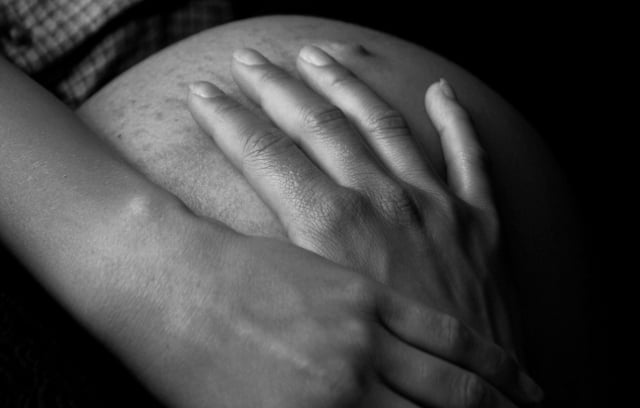The woman complained of headache and vomiting when she visited Mölndal Hospital in western Sweden in December, reports broadcaster SVT. It was decided to let her undergo a brain scan, but because of a lack of beds in the neurology ward she had to stay in the emergency room overnight.
During the night her condition deteriorated. She was taken to the neurology ward for emergency surgery, but her life could not be saved. The hospital filed a so-called 'Lex Maria' report to the healthcare watchdog, the Health and Social Care Inspectorate, suggesting overcrowding may have been to blame.
“Inadequate level of care, possible shortcomings in the transmission of information and delayed transport could be a contributory factor to the tragic course of events,” SVT, which does not state how far ahead the woman was in her pregnancy, quoted it as saying.
The hospital does not wish to comment during the ongoing investigation, but several staff members have voiced concern over a lack of beds in non-emergency departments at the Sahlgrenska University Hospital, of which Mölndal Hospital is part.
“Patients who really need care in the other wards end up staying in the emergency room. The staff then have to try to care for them there, while caring for a continuous stream of new patients,” Karin Frank, the healthcare union representative at Mölndal Hospital, told SVT.
The Local has previously reported on other incidents of overcrowding at Swedish hospitals. In December, three families from Uppland county had to travel to Finland to give birth because there was no room for them and their specific needs in the neonatal unit of Uppsala University Hospital.
Last year a baby died when a heavily pregnant woman was turned away from an overcrowded hospital in the south of the country, while in a high-profile case in 2014, a Swedish man had to help his fiancée give birth to their baby in the back of a taxi because the family was turned away by a midwife, who said there wasn't a hospital bed available for them in all of Stockholm.



 Please whitelist us to continue reading.
Please whitelist us to continue reading.